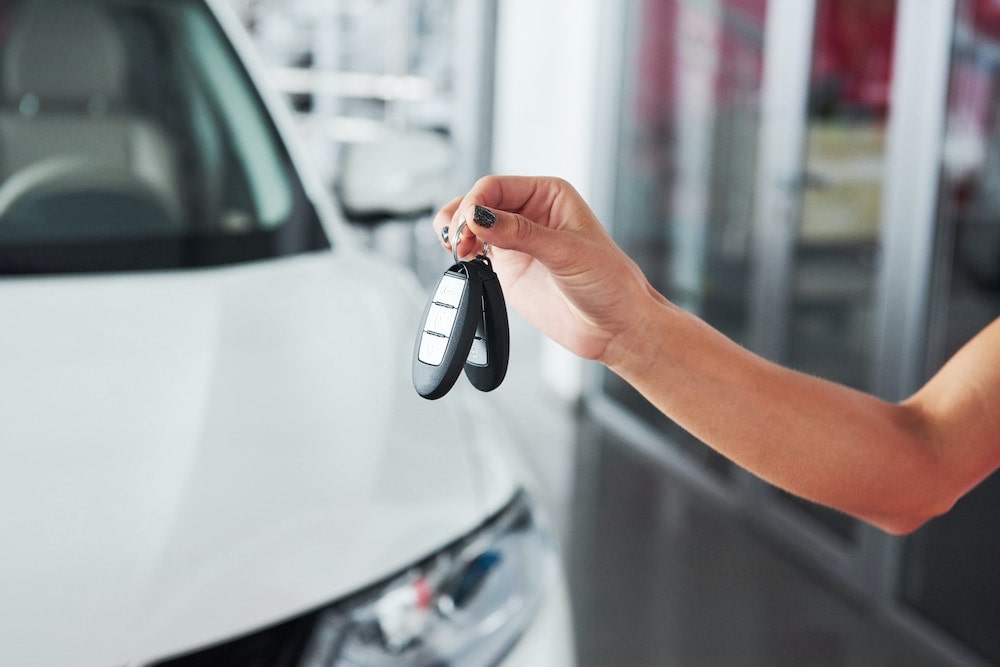Talk to Sales: (401) 200-6026

Dealer reinsurance opens up new avenues for stronger gross profits
Like most U.S. auto dealerships, your service and parts department is probably your company’s bread and butter. The National Automobile Dealers Association says that service and parts account for 44 percent of the gross profits at the average dealership. If your finance and insurance (F&I) department isn’t a close second when it comes to profit, however, it may be time to rethink your strategy and consider dealer reinsurance.
You’re already making money off of extended warranties, GAP insurance, and other financings, but you may be able to increase your profits even more by entering the world of dealer reinsurance.
What is dealer reinsurance?
Currently, you probably work with insurance companies that enter into contracts with your customers. Those customers pay monthly premiums to the insurance companies; if they must file a claim at any point, the carrier handles the responsibility. With dealer reinsurance, this process falls into your hands. Reinsurance transfers the risk from the big insurance carrier to your dealership’s reinsurance company.
Dealer reinsurance allows dealers to share in the underwriting profit and investment income on the F&I products they sell. Reinsurance is used for vehicle service contracts, powertrain contracts, GAP insurance, tire and wheel protection, key replacement, and several other F&I products.
The negative side of dealer reinsurance you may have heard about
Some dealerships have avoided the reinsurance business due to bad press. In the past, the IRS has gone after the reinsurance industry to attempt to manage insurance regulations, what can be written off, and how taxes are paid — among other things. The most recent issue with the IRS came in 2013 with the Foreign Account Tax Compliance Act and the issuance of Form 8938. Their concern was foreign investments on which U.S. dealerships weren’t paying taxes.
At this point, it appears as though the IRS has backed off and the reinsurance industry is properly regulated. As long as dealers are running their reinsurance companies legally, they shouldn’t have any problems.
How does reinsurance help dealers?
The auto industry is extremely competitive on the front end, and sometimes it can be a struggle to make a decent profit on new and used vehicles. Dealer reinsurance builds up your profit on the back end so that when sales are lagging, there’s still plenty of money coming in.
It’s not a quick fix, though. You need to view reinsurance as a long-term commitment that pays off over time. Remember how dismal auto sales were during the recession? Some dealerships tried to jump into reinsurance so they could make up for losses, but they were too late. Other dealerships, however, that already had their reinsurance companies and built them over time, were far more protected. Sales are good again, and the auto industry is thriving — now is the time to consider dealer insurance and the potential profit that could protect your dealership in an economic downturn.
Dealer reinsurance also helps when it comes to customer satisfaction. Typically, a dealer would sell a third party vehicle service contract warranty to increase F&I profits; once that warranty gets into the other company’s hands, though, they’re in charge of it. If a customer files a claim and the warranty company doesn’t approve it and refuses to pay, the customer, unfortunately, will probably take their frustration out on you and your dealership. But, if you’re in control of the warranty and insurance claims with reinsurance, you also control how claims are handled and the overall experience for your customer.
If you want to acquire dealerships, open new locations, or invest in real estate, reinsurance funds can be used to expand your business. Reinsurance can also play a role in estate planning and retirement wealth.
Is dealer reinsurance worth it?
In the case of reinsurance, the positives usually outweigh the negatives for most dealers. It’s another source of income that can help protect and grow a dealership and ensure it’s consistently profitable.
If you’re interested in dealer reinsurance, do your homework first. Make sure it’s the right fit for your dealership and that everything you’re doing it completely compliant. Work with a provider that offers extensive training, and consider hiring a consultant to manage your program. You’re an expert in selling cars, but it’s a safer bet to enlist the help of a professional who understands the reinsurance industry inside and out. If you take your time and build a strong foundation for your reinsurance company, you’ll enjoy greater profits in the long run.
Sell cars on the lot faster with AutoRaptor
Know if we’re the right fit within 10 minutes




